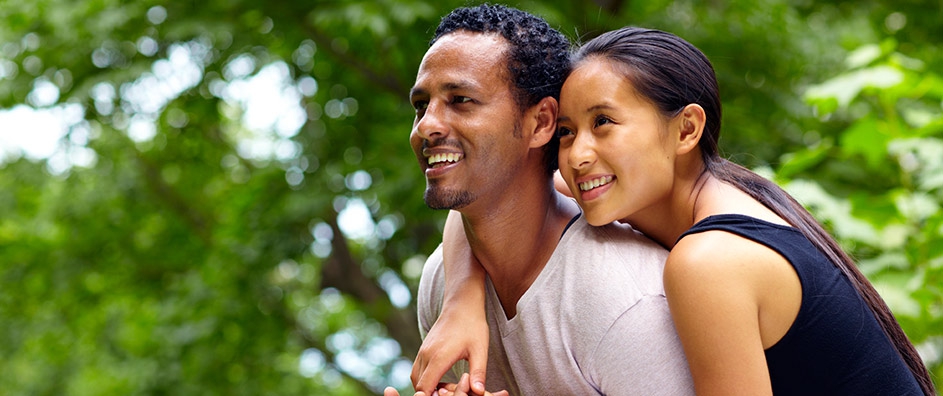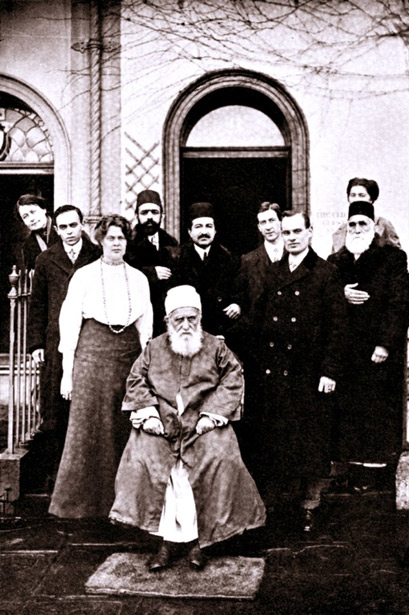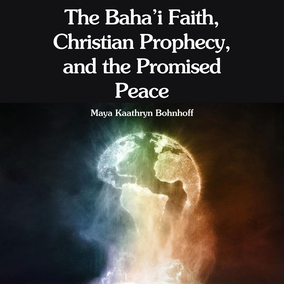The views expressed in our content reflect individual perspectives and do not represent the authoritative views of the Baha'i Faith.
To merit the madness of love, man must abound in sanity… – Baha’u’llah, The Seven Valleys, p. 9.
For Baha’i couples, a deep spiritual love for each other underpins all marriage.
When Abdu’l-Baha visited London 1911, a young Baha’i couple, Regina Nur Mahal Khanum and Mirza Yuhanna Dawud, asked him to officiate at their wedding. Here’s the groom’s account of what happened:
Abdu’l-Baha said, “You are very welcome and it makes me happy to see you here in London. Never have I united anyone in marriage before, except my own daughters, but as I love you much, and you have rendered a great service… both in this country and in other lands, I will perform your marriage ceremony today. It is my hope that you may both continue in the blessed path of service.”
Then, first, Abdu’l-Baha took Nur Mahal Khanum into the next room and said to her, “Do you love Mirza Yuhanna Dawud with all your heart and soul?” She answered, “Yes, I do.”
Then Abdu’l-Baha called me to him and put a similar question, that is to say, “Do you love Nur Mahal Khanum with all your heart and soul?” I answered “Yes, I do.” We re-entered the room together and Abdu’l-Baha took the right hand of the bride and gave it into that of the bridegroom and asked us to say after him, “We do all to please God.”
We all sat down and Abdu’l-Baha continued; “Marriage is a holy institution and much encouraged in this blessed cause. Now you two are no longer two, but one. Baha’u’llah’s wish is that all men be of one mind and consider themselves of one great household, that the mind of mankind be not divided against itself.
“It is my wish and hope that you may be blessed in your life… May joy be increased to you as the years go by, and may you become thriving trees bearing delicious and fragrant fruits which are the blessings in the path of service.” – Abdu’l-Baha in London, p. 77.
This simple and yet moving story illustrates a few of the most important Baha’i principles regarding love and marriage.
First, marriage must have, at its very foundation, what Abdu’l-Baha called “love…with all your heart and soul.”—as this story illustrates, the deep, soulful love Abdu’l-Baha asks the bride and groom about is the prerequisite of a lasting marriage. Nothing can replace that foundation of deep connection.
Second, did you notice how Abdu’l-Baha took the bride into another room to ask her that all-important question? He probably did that to solicit her true opinion, uninfluenced by the presence of anyone else in the wedding party—including the groom. Baha’is don’t believe in arranged marriages or marriages of convenience, and the Baha’i teachings on marriage clearly point out that no one else should interfere with the free choice of the couple to decide on who they love.
Finally, Abdu’l-Baha calls marriage a “holy institution,” and says that the newly-married couple “are no longer two, but one.” This level of unity, love and affection, Baha’is believe, should characterize every true marital union.
In that spirit, the Baha’i teachings highly encourage marriage, and consider it the natural and normal way of existence for every healthy and responsible person. In fact, Baha’u’llah raised the status of marriage to a divine and sacred institution, and said that it was “a fortress for well-being and salvation.” The Baha’i writings recommend marriage, but certainly don’t require it; and they ask those who plan to marry to make their union both a physical and a spiritual one:
In a true Baha’i marriage the two parties must become fully united both spiritually and physically, so that they may attain eternal union throughout all the worlds of God, and improve the spiritual life of each other. This is Baha’i matrimony.
Among the majority of the people marriage consists of physical relationship and this union and relationship is temporary for at the end physical separation is destined and ordained. But the marriage of the people of Baha must consist of both physical and spiritual relationship for both of them are intoxicated with the wine of one cup, are attracted by one Peerless Countenance, are quickened with one Life and are illumined with one Light. This is the spiritual relationship and everlasting union. Likewise in the physical world they are bound together with strong and unbreakable ties. – Abdu’l-Baha, Baha’i World Faith, pp. 372-373.
Reading the story above carefully, you probably also noticed the utter simplicity of the Baha’i marriage ceremony. A Baha’i marriage includes no rites or rituals, and leaves the structure and content of the wedding up to the participants. Since Baha’is have no clergy, the couple marries each other by each saying a single, powerful vow: “We will all, verily, abide by the will of God.”
As you can see, the Baha’i marriage, as reflected in the fact the men and women both agree to an identical promise to each other, becomes a loving partnership of two equals.

















Comments
Sign in or create an account
Continue with Googleor